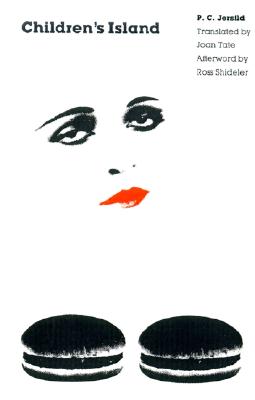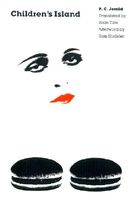- Welcome to FictionDB, Guest
- | My Account
- | Help

Children's Island — P.C. Jersild
Children's Island is told from the point of view of a ten-year-old boy, Reine Larsson, who succeeds in not going to summer camp. Reine stays home because time is running out: puberty, sexual desire, adulthood are threatening to rob him of the energy he needs to find the answers to life's dilemmas. He lulls his divorced mother into thinking he has gone to camp and confronts the task of supporting his love for McDonald's hamburgers. What he finds in Stockholm -- a kind of Children's Island all its own -- is a series of often hilarious adventures that help Jersild define contemporary society. It's a society of isolation, violence, and aggressive commercialism, a society actually much more threatening to Reine's psyche and well-being than the changes taking place within his own body. The revulsion he feels for his sexuality and that of others becomes symbolic of the alienation that defines the world Reine grows up in. Robert E. Bjork, general editor of the Modern Scandinavian Literature in Translation series, calls Children's Island “an extremely entertaining, extremely funny, and very serious book.”


